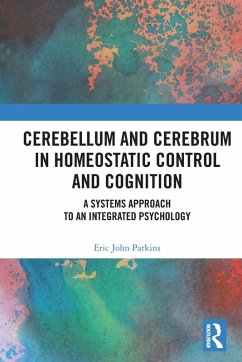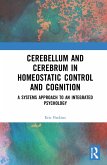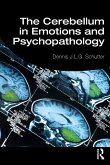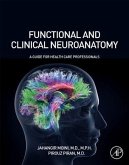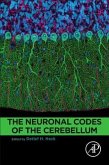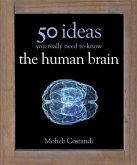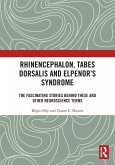Cerebellum and Cerebrum in Homeostatic Control and Cognition presents a ground-breaking hybrid-brain psychology, proposing that the cerebellum and cerebrum operate in a complementary manner as equal cognitive partners in learning based control.
The book synthesises contemporary neuroscience and psychology in terms of their common underlying control principle, homeostasis. Drawing on research and theory from neuroscience, psychology, AI and robotics, it provides a hybrid control systems interpretation of consciousness and self; unconscious mind; REM dream sleep; emotion; self-monitoring and self-control; memory, infantile amnesia; and, cognitive development. This is used to investigate different elements of cerebellum-cerebrum offline interaction; including attention and working memory, and explores cerebellar and cerebral contributions to various aspects of a number of disorders; including ADHD, ASD and schizophrenia.
Presenting original ideas around neuropsychological architecture, the book will be of great interest to academics, researchers, and post-graduate students in the fields of neuropsychology, cognitive psychology, neuroscience and clinical psychology.
The book synthesises contemporary neuroscience and psychology in terms of their common underlying control principle, homeostasis. Drawing on research and theory from neuroscience, psychology, AI and robotics, it provides a hybrid control systems interpretation of consciousness and self; unconscious mind; REM dream sleep; emotion; self-monitoring and self-control; memory, infantile amnesia; and, cognitive development. This is used to investigate different elements of cerebellum-cerebrum offline interaction; including attention and working memory, and explores cerebellar and cerebral contributions to various aspects of a number of disorders; including ADHD, ASD and schizophrenia.
Presenting original ideas around neuropsychological architecture, the book will be of great interest to academics, researchers, and post-graduate students in the fields of neuropsychology, cognitive psychology, neuroscience and clinical psychology.

